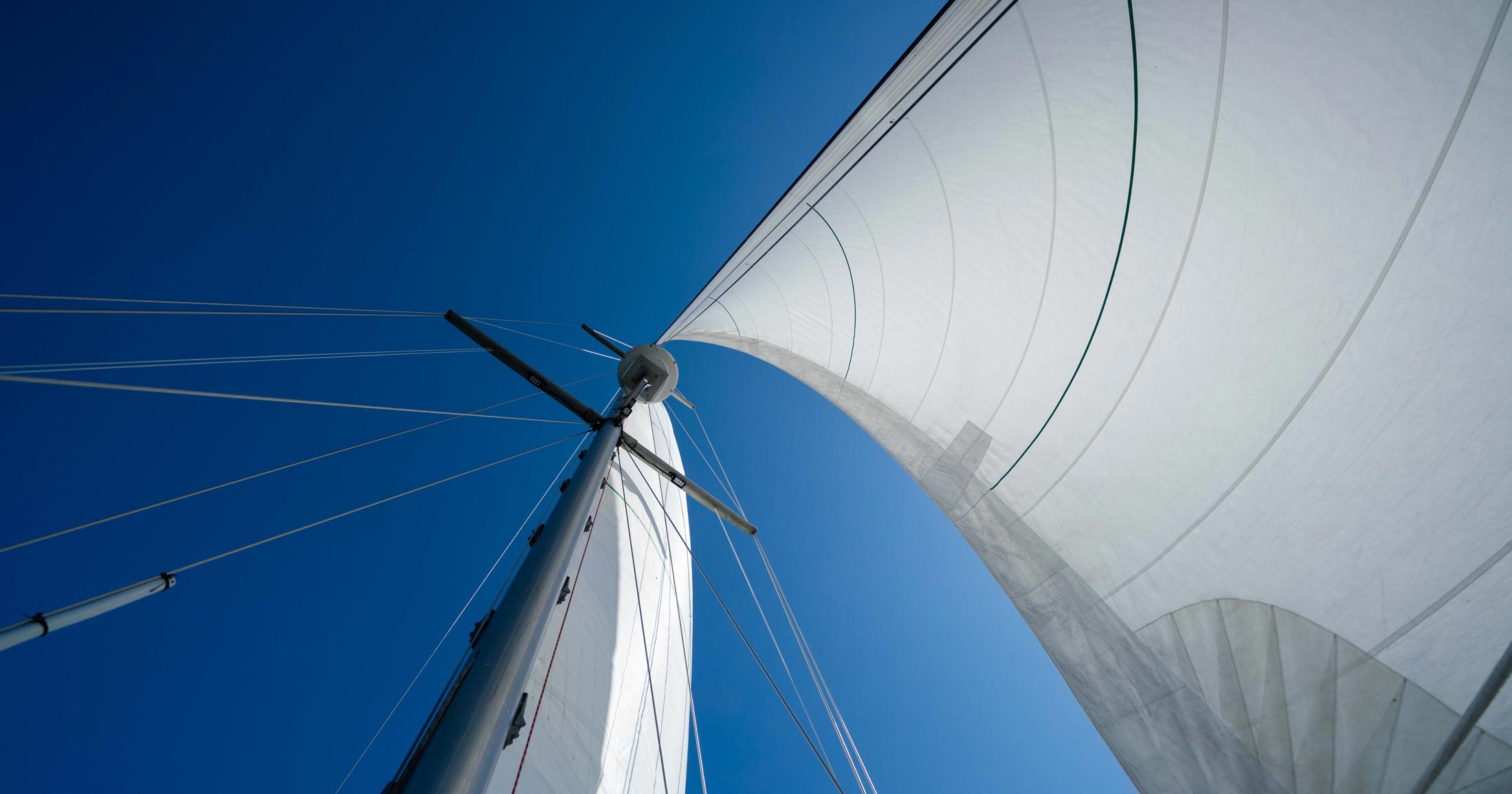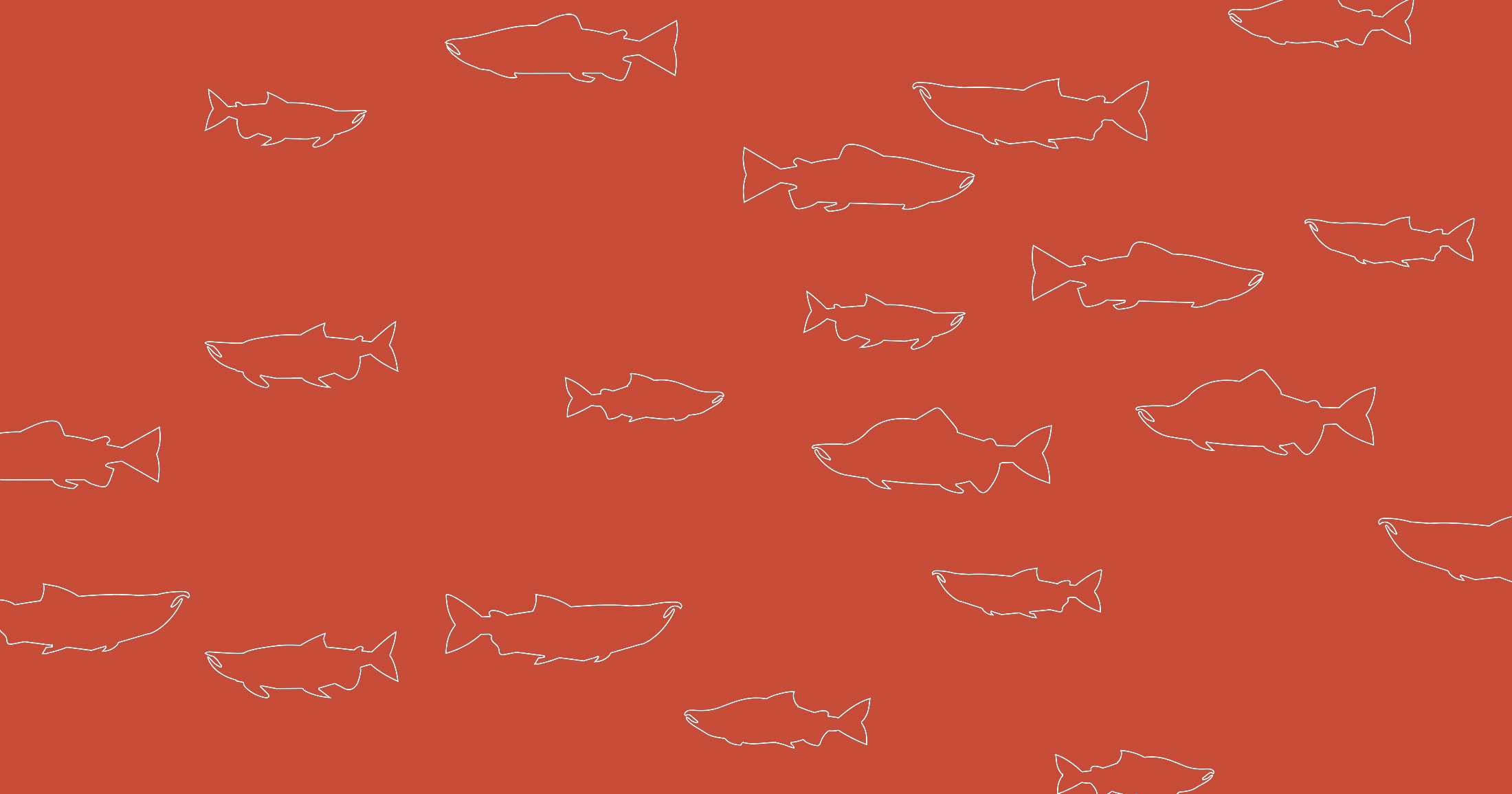All about Raincoast’s Salish Sea Emerging Stewards program
Our education program has been busy engaging youth from across the Salish Sea.
Salish Sea Emerging Stewards (SSES) was launched in 2016 with the goal of engaging Indigenous youth in environmental stewardship. Raincoast has since developed collaborative relationships with many First Nations across coastal BC, providing opportunities to youth to explore and learn about their territories. The program started with single-day excursions on Achiever, and has evolved to in-class and outdoor learning sessions, multi-day Achiever expeditions throughout the Gulf Islands, an intensive summer-long program with the Tsawwassen First Nation, and multiple online webinar series.
What are some of the activities you have undertaken in the past year as part of the program?
In the last year, we have led multiple expeditions aboard Achiever with over thirty youth in the Salish Sea. Through these multi-day trips, the youth immerse themselves in local coastal ecosystems, viewing wildlife and learning about the threats they face. For some of the youth, it’s the first time they’ve experienced the Salish Sea from a boat. We hope these experiences will open up doors and inspire them to continue pursuing environmental work in the region.
In 2023, we resumed our partnership with the Red Fox Healthy Living Society. Based in Vancouver, they offer programs and services to Indigenous, at-risk and newcomer youth living in the city. They share similar values and are a great partner organization. The youth joined for activities such as intertidal exploration and a beach cleanup, and welcomed Chelsea Greer, who taught them about wolves and Raincoast’s research. We look forward to offering them more learning opportunities, including aboard Achiever.

Our education program also collaborated with other organizations who are involved in the research and conservation of coastal ecosystems and species, and this year we’ve made new partnerships. We collaborated with Ocean Legacy Foundation, a non-profit that works to end plastic pollution, who shared with us their online education resources on plastics and gave us a tour of their recycling facility. We also joined Dr. David Ng at UBC’s Michael Smith Laboratories in an eDNA where youth were hands-on to extract DNA from samples they had taken. The program was tailored to Tsawwassen First Nation, and youth learned how these techniques can be used to monitor changes in their local ecosystems. We are grateful for their expertise and generosity, and look forward to continuing these partnerships.
Why is it important to engage youth in environmental education?
When hearing about conservation challenges and the degradation of ecosystems, it’s easy for youth to feel disengaged. Youth have shared with us that they sometimes do not feel connected to nature, especially when living in more urban areas. They can feel removed from decision makers and not feel empowered to make a difference. Our goal with SSES is to provide opportunities for youth to explore outdoors, to feel inspired by the beauty and importance of coastal species, to understand the threats they are facing, and to learn of the ways they can make a difference.
We help to facilitate learning directly from the researchers studying and understanding these ecosystems, and from community members about how their nations have been stewards of their territories since time immemorial. We hope this will result in the youth becoming future stewards of the environment who will ensure a healthy Salish Sea for future generations.
What doors could the SSES program open for youth?
Through our programming, participants learn about different career and education paths, and get to network with scientists, conservationists and educators. We hope that they will be inspired to pursue studies or work in environmental science and conservation, and we aim to provide them with further skill development and work opportunities, including here at Raincoast. This summer, we had hired a past participant of the Tsawwassen Summer Stewardship program as Program Assistant, and we hope to offer more opportunities for her and others to be directly involved in future programming.

Can you share some memorable moments?
One of the first memorable moments happened on my very first Achiever trip. It was my first week with Raincoast. One of the youth started off the week shy and reserved, and I saw a lot of myself in her. Over the course of the week, she came out of her shell and was fully involved in all aspects of life at-sea, shared with us her passion for foraging, and was interested to learn about all the species and habitats we saw. At the end of the trip, she wrote the crew a letter telling us of what this week had meant to her. This is the impact we hope our program will have. Since then, I’ve had the pleasure of sharing experiences like this with many people, including an incredible group of women during the Indigenous Women at Sea expedition.
What is coming next for SSES?
We are continuously looking for opportunities to expand our program components and to bring SSES to new communities. We are currently developing new and innovative online education resources that connect directly to our research. These resources will be available for free to educators across the Salish Sea and beyond. We are excited for these to launch, so stay tuned!
You can help
Raincoast’s in-house scientists, collaborating graduate students, postdoctoral fellows, and professors make us unique among conservation groups. We work with First Nations, academic institutions, government, and other NGOs to build support and inform decisions that protect aquatic and terrestrial ecosystems, and the wildlife that depend on them. We conduct ethically applied, process-oriented, and hypothesis-driven research that has immediate and relevant utility for conservation deliberations and the collective body of scientific knowledge.
We investigate to understand coastal species and processes. We inform by bringing science to decision-makers and communities. We inspire action to protect wildlife and wildlife habitats.










